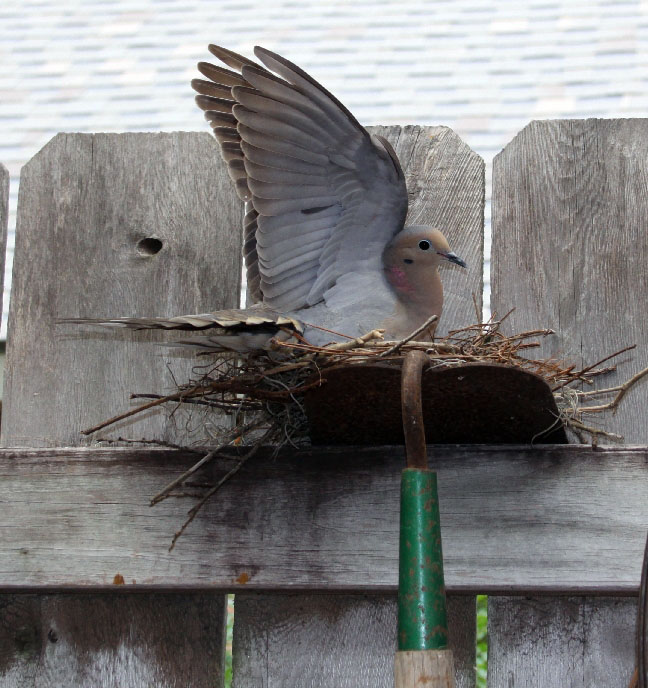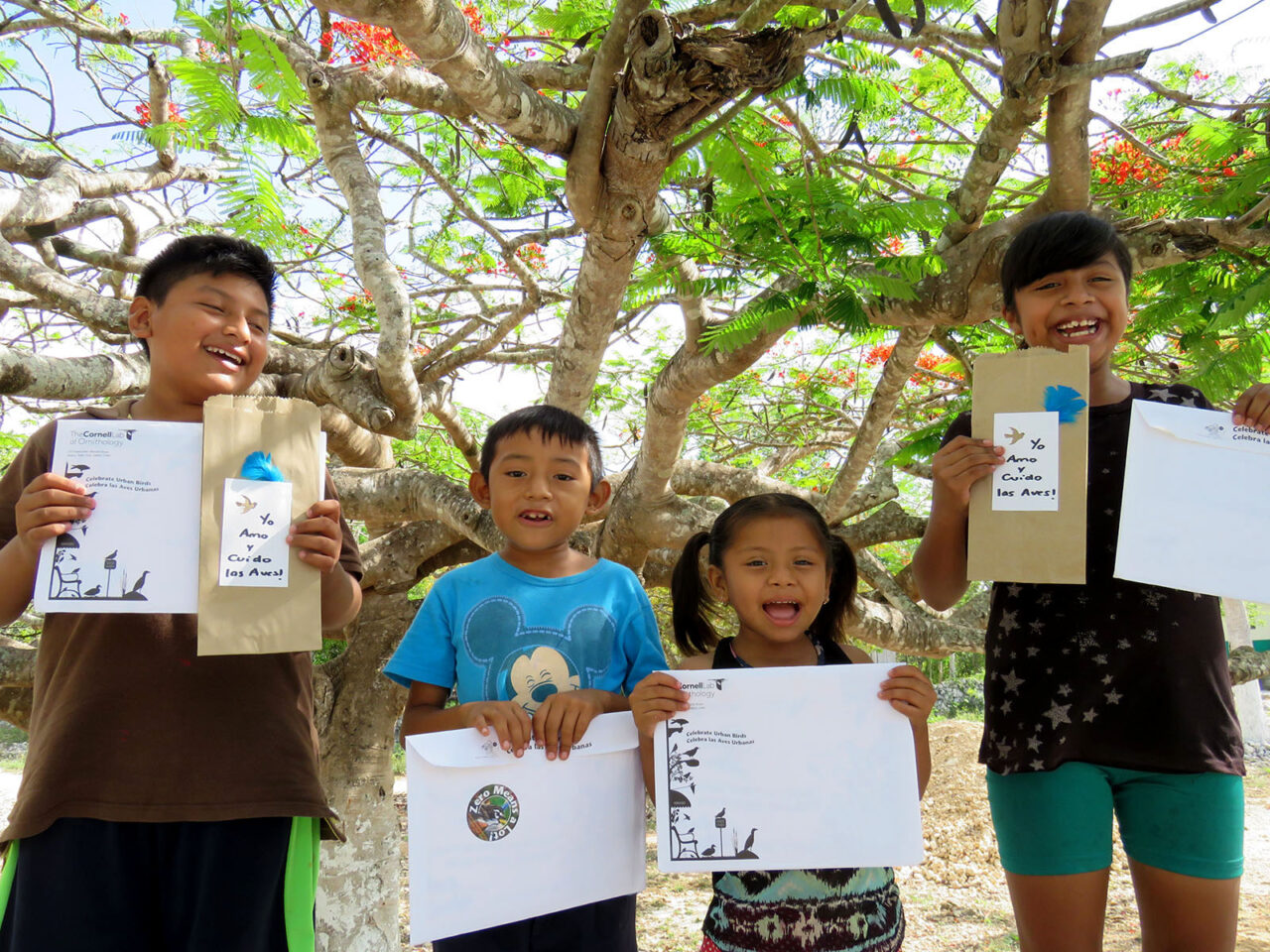News
 Funky Nests in Funky Places 2019
Funky Nests in Funky Places 2019What prompts birds to build nests where they do? Some of their real estate choices are real head-scratchers. That’s where the Funky Nests in Funky Places challenge comes in. If you find a nest built in a quirky, even downright…
 2019 Mini-Grant Winners!
2019 Mini-Grant Winners!We are happy to announce the 2019 Celebrate Urban Birds Mini-Grant winners!
We received a wonderful response to our mini-grant invitation. It’s really exciting to see such creativity and so many varied organizations across all geographical areas thinking about urban birds, conservation,…

